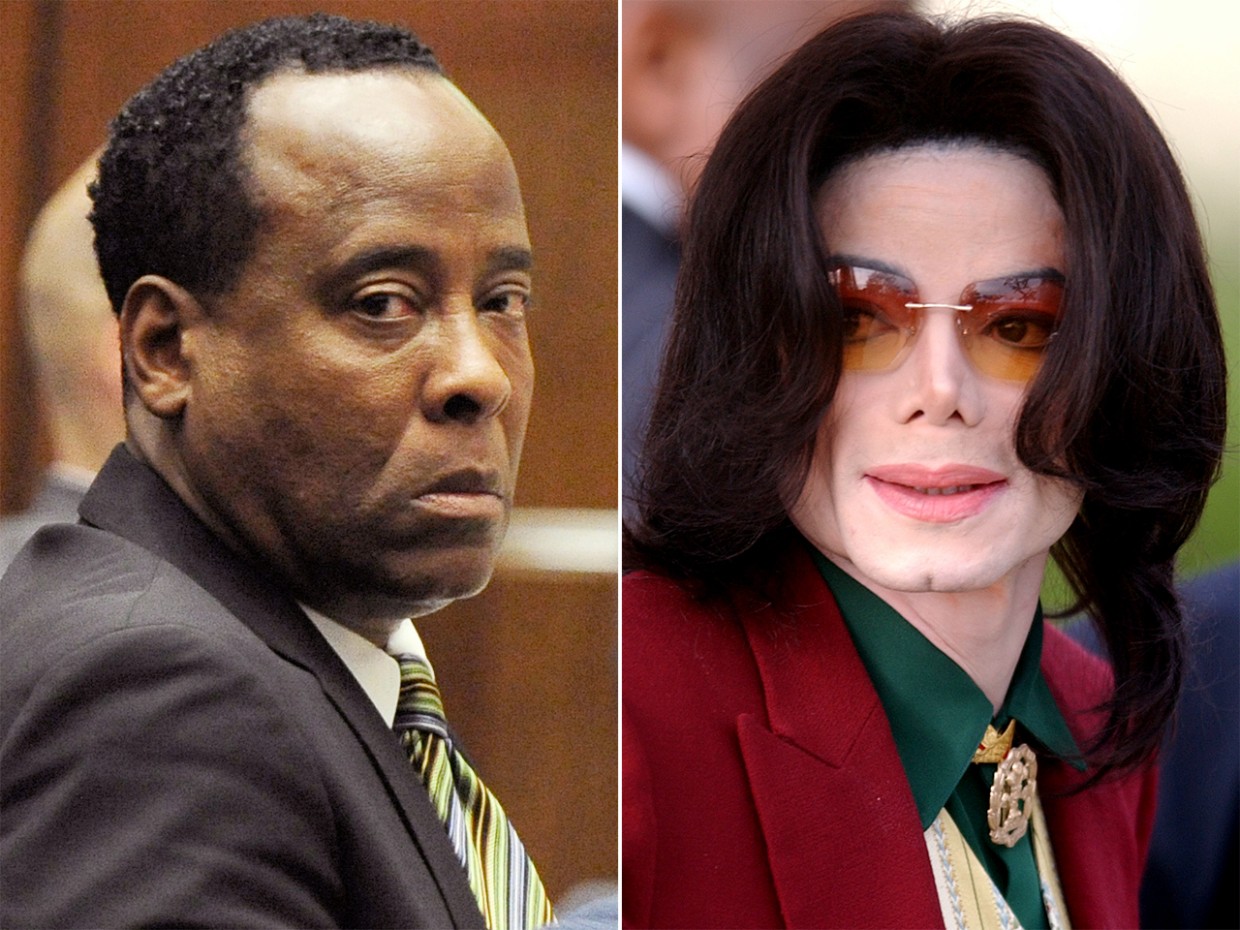 I present now a fascinating case that serves to illustrate a couple of points about Internet defamation. We’ll call this one the Girl in the Red Bikini.
I present now a fascinating case that serves to illustrate a couple of points about Internet defamation. We’ll call this one the Girl in the Red Bikini.
Enter the Fayette County School District in Georgia. School District administrators decided it would be a good idea to warn their high school students about the dangers of posting photographs on social sites such as Facebook. They came up with a presentation with the theme, “once it’s there, its there to stay.” A perfectly valid message to teach the high schoolers.
But then they did something strange. They decided that to really drive home the point, the presentation needed embarrassing photos posted by current students. They snooped around on their students’ Facebook pages to find what they considered illustrative examples of the poor choices being made by their students.
One photo they decided was a good illustration was a photo of student Chelsea Chaney. Ms. Chaney had dared to post a picture of her standing beside a cardboard cut-out of the artist formerly know as Snoop Dogg (he now goes by Snoop Lion in case you missed the memo). Snoop (or, rather, his cardboard cut-out) is holding a can of something. I really can’t identify it from the photo. It could be a beer but it could just as easily be an energy drink. Worse, though, in the minds of the Fayette County School District, Ms. Chaney was wearing a bikini. Put those facts together, and you have what is obviously a very embarrassing photo that never should have been posted, apparently because it shows public drunkenness and promiscuity, at least in the warped minds of the District.
In reality, the photo was entirely innocent and implied nothing. (Obviously Ms. Chaney was not happy that the photo was posted so I won’t republish it, but it is already published here.) But imagine the shock of Chaney, seeing her photo come up on the screen at a school assembly, used as an example of poor choices. She didn’t think that was very cool, and is now suing the school district.
But as reprehensible as it was, was the school’s conduct actionable? Chaney is caught in a bit of a Catch-22. There is nothing wrong with the photo, so why should the school be liable for showing it? I certainly would not have wanted a photo of me displayed to the entire school in this context, but where are the damages? The fatal flaw in Chaney’s argument is the lack of privacy. You can’t post something on line, and then claim it invaded your privacy when someone else displayed the photo.
So what are the takeaways from this case (aside from not going to school in Fayette County)? The school district was idiotic to create this presentation, but it does serve to illustrate that the photos you post can have very unforeseen consequences, even if they aren’t inappropriate. Also, this is yet another example of the Barbara Streisand Effect. Chaney was justifiably embarrassed and angry that the photo was posted, but whereas before only her schoolmates saw it, now she has made it a topic of discussion all over the Internet. That may be a price she is willing to pay in order to combat this behavior, but just be aware that any action can fan the very flames you were hoping to extinguish.
[UPDATE:] The court later dismissed Chaney’s complaint. As it held, “the constitutional right to privacy does not include a ‘right to be free from public embarrassment or damage to [her] reputation.’” The court noted that Chaney could not claim invasion of privacy, when she herself had posted the photo on Facebook.






 Bell v. Feibush
Bell v. Feibush

 I present now a fascinating case that serves to illustrate a couple of points about Internet defamation. We’ll call this one the Girl in the Red Bikini.
I present now a fascinating case that serves to illustrate a couple of points about Internet defamation. We’ll call this one the Girl in the Red Bikini.